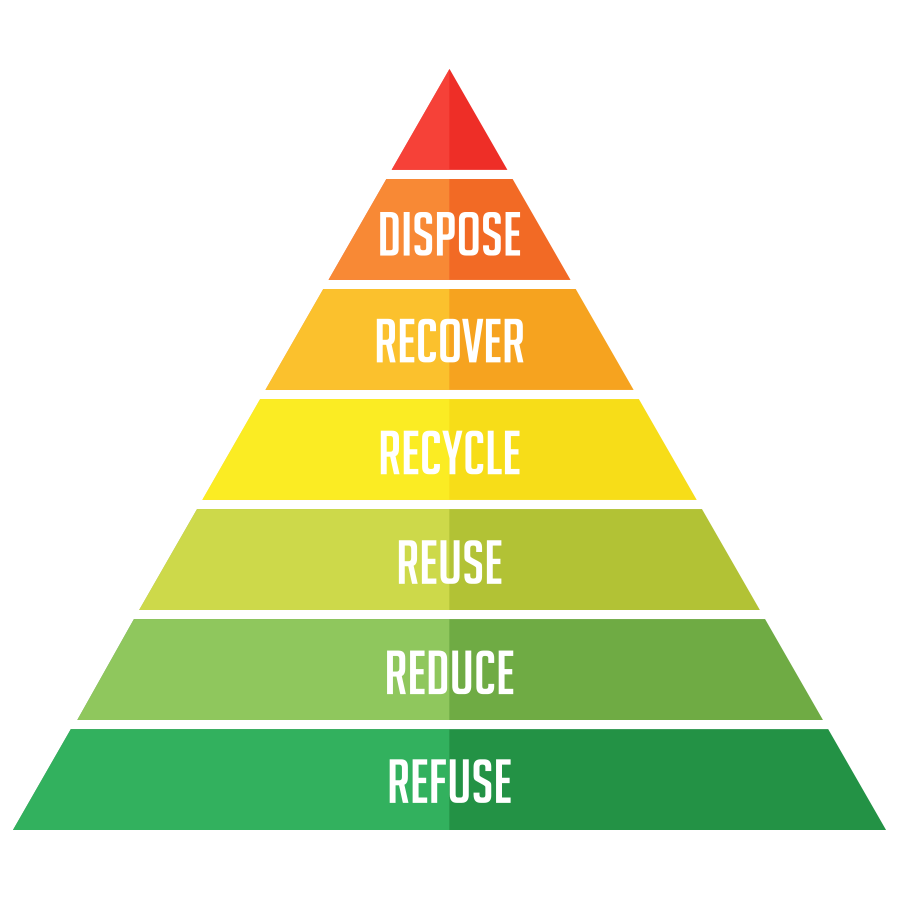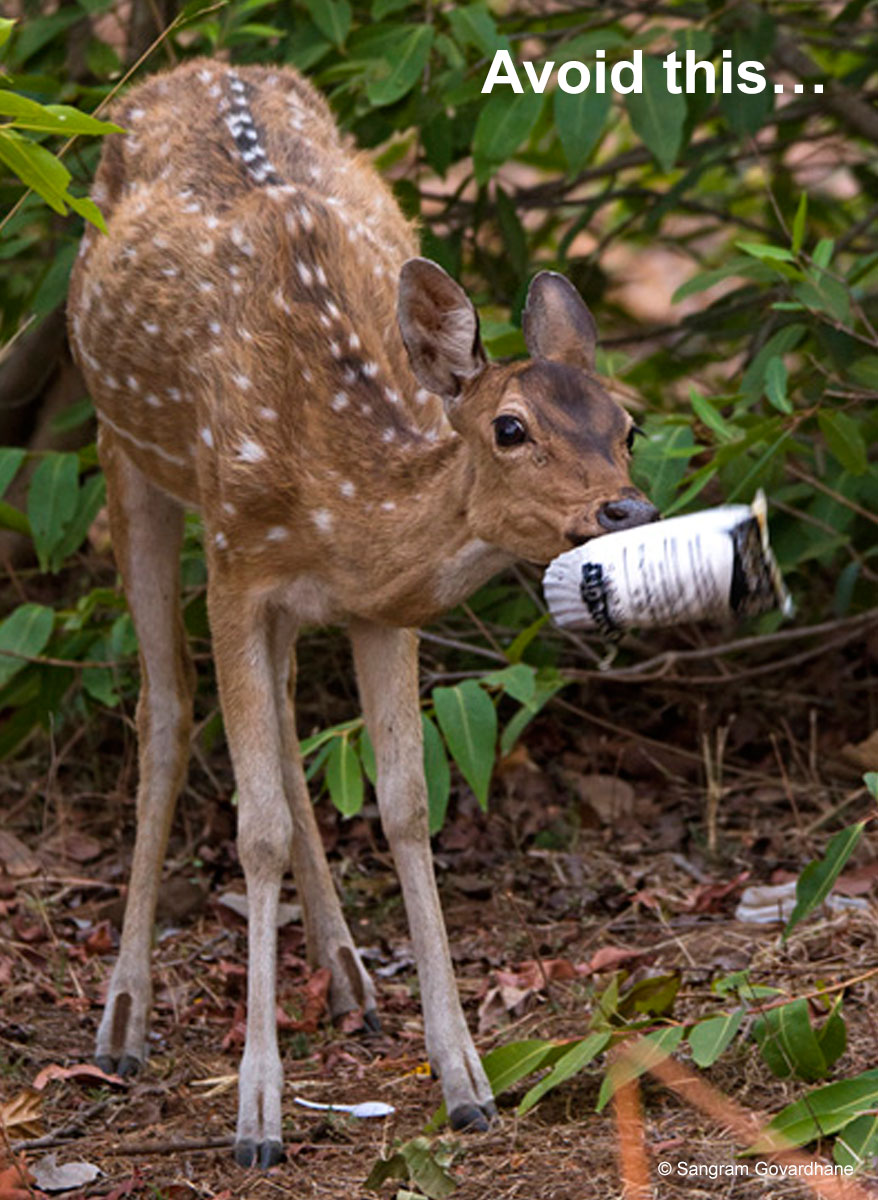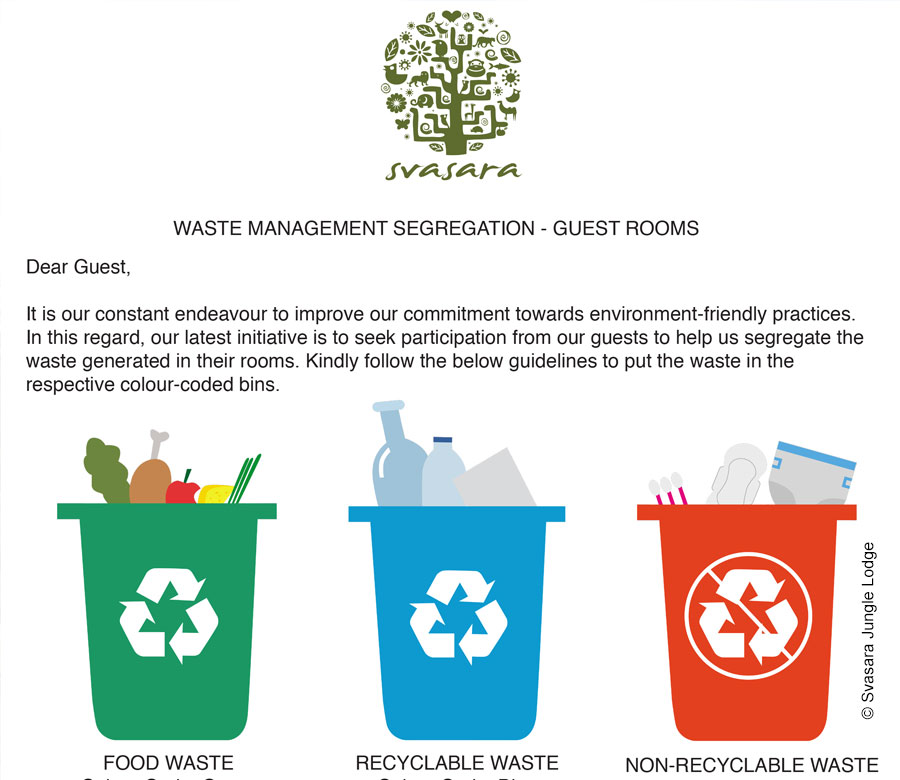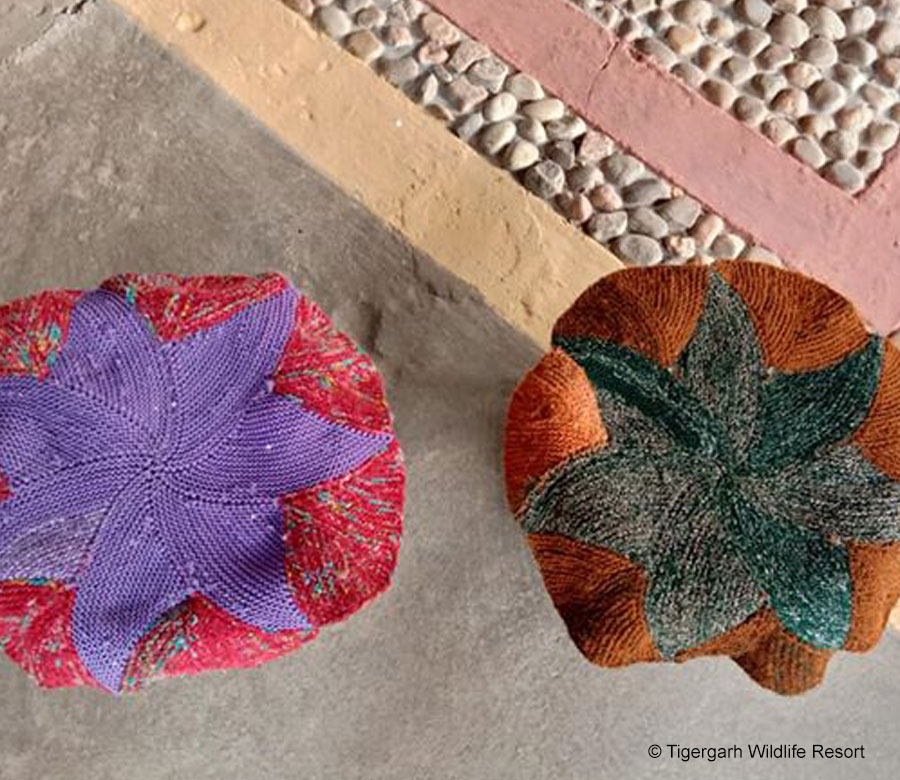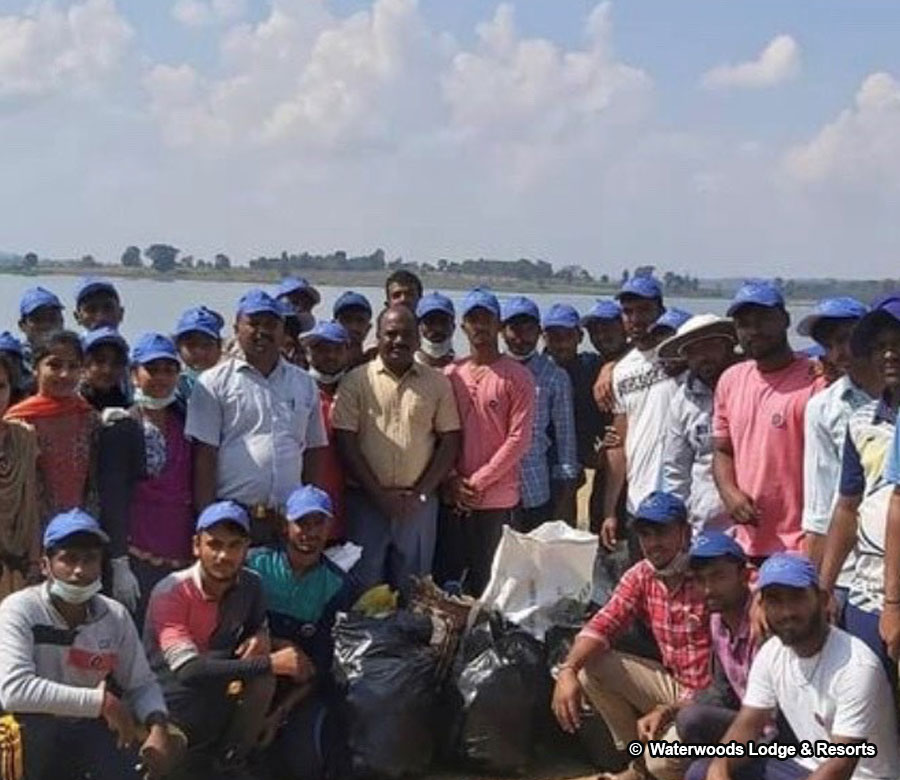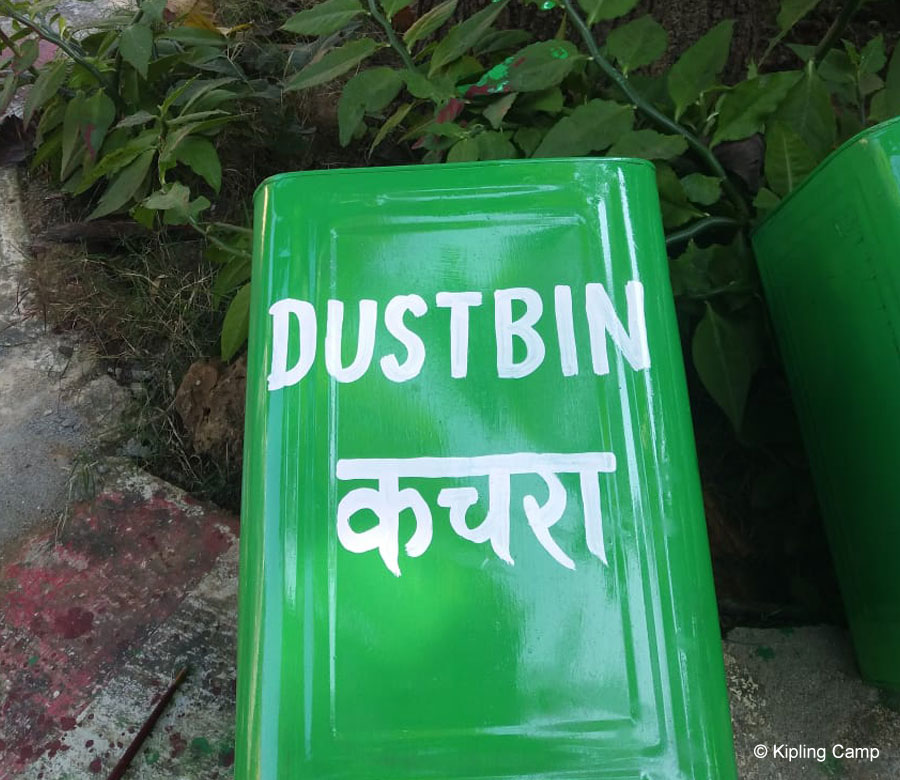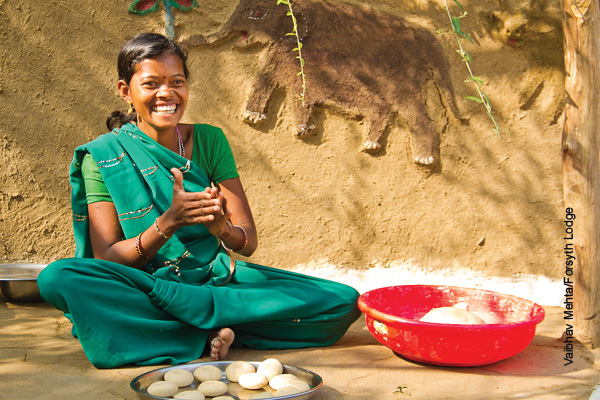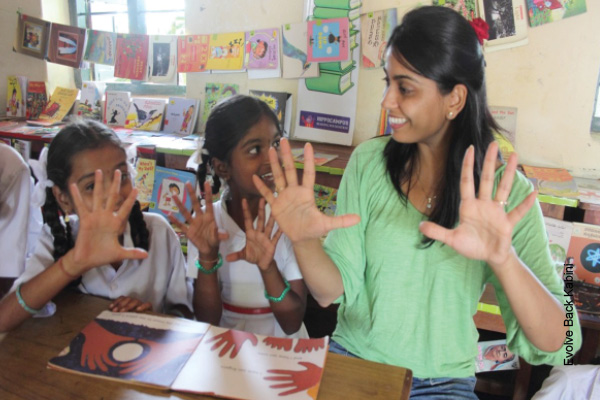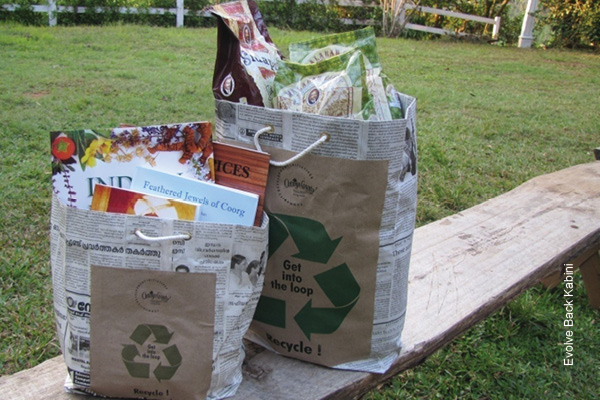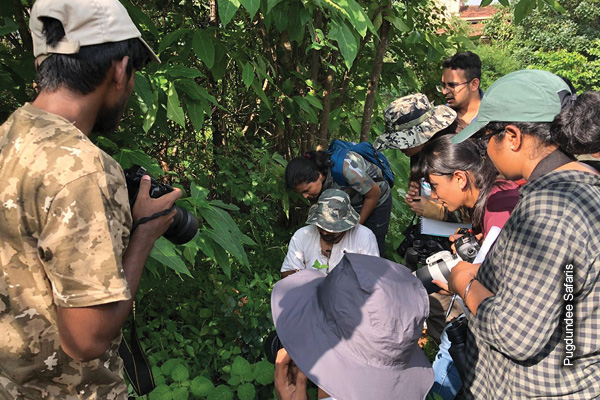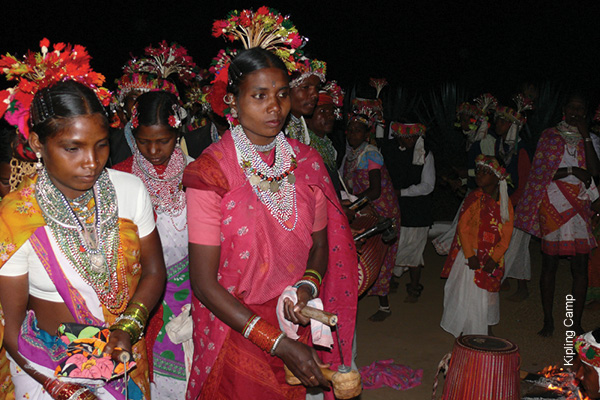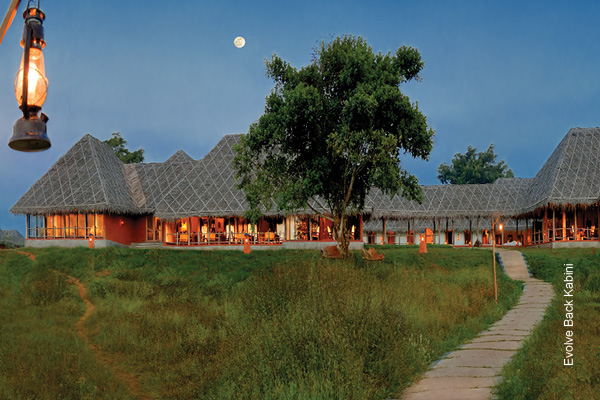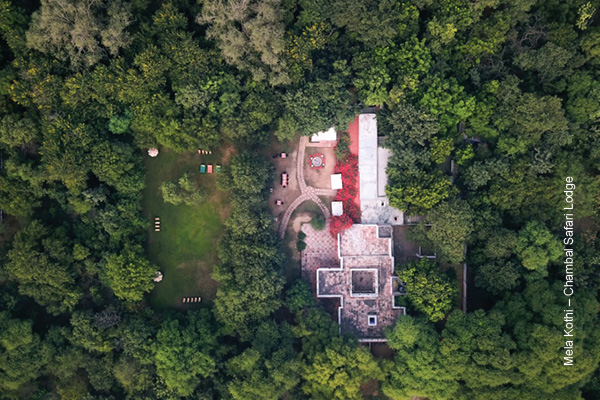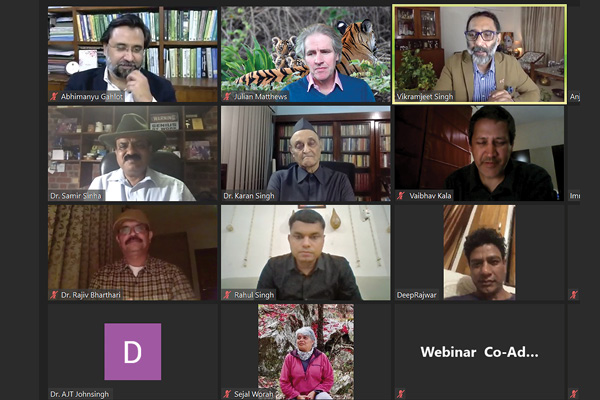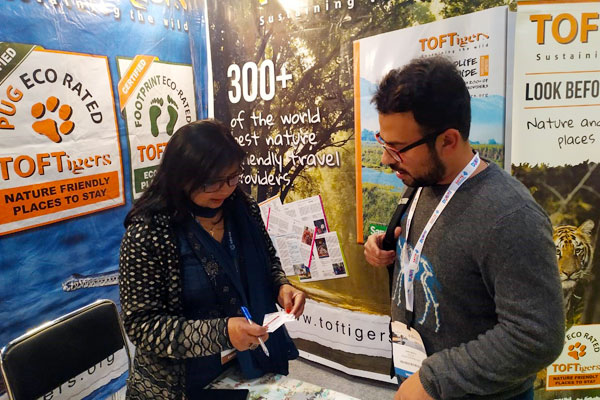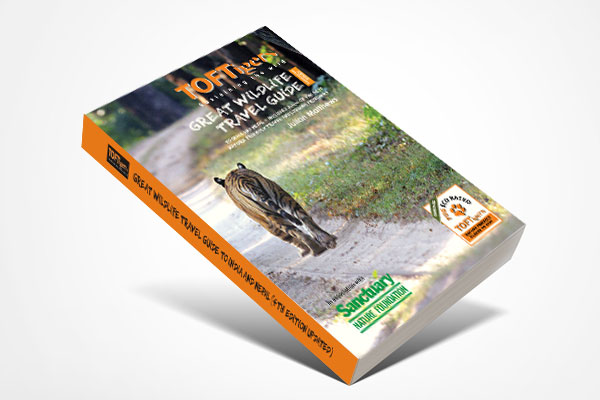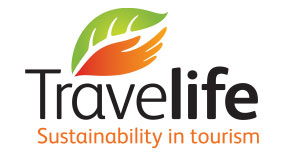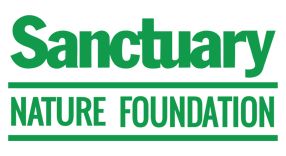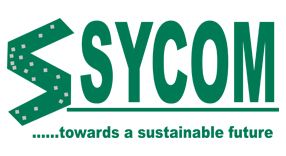Waste Management and Recycling
Part of TOFTigers Best Practice Series
WHY IT'S IMPORTANT
The world is experiencing a growing mountain of solid waste – more than 3.5 million tonnes per day in 2010 predicted by the World Bank to rise to 6 million tonnes per day by 2025. At current rates of waste, rural India alone will need 100 acres of landfill space one metre high, every day. A hotel guest can produce one kilogram of waste a day clocking up thousands of tonnes of waste in each destination annually. Landfill sites produce methane, a potent greenhouse gas and waste diminishing natural resources which have already clocked up energy, water and greenhouse gases in the making. Burning waste, burying or dumping it threatens human health and is harming wildlife and soiling the pristine wilderness guests visit to experience.
SAY NO TO WASTE AND SINGLE USE PLASTIC
- Only about 9% of all plastic ever made has likely been recycled. The vast majority of the 8.3 billion metric tons of plastic already produced is accumulating in landfill and the natural environment. Approximately 150 million tonnes of it has already made its way into the oceans with plastic projected to outweigh fish by 2050.
- About one-third of the world’s food gets lost or wasted contributing to unnecessary biodiversity loss through pressures on land.
- Annual e-waste alone amounts to almost 50 million metric tonnes. Only 20% of this is formally recycled wasting valuable natural resources.
Demonstrate your green credentials and be part of the solution. Help to move the world away from a linear model of consumption to a circular economy where resources aren’t wasted and materials are reused. Managing your waste properly will enhance your image, reduce your carbon footprint and make your business more profitable.

EXAMPLES OF GOOD PRACTICE
A range of lodges encourage guests to recycle through guest literature – pictured here a briefing for the colour coded bins in bedrooms at Svasara Jungle Lodge.
Evolve Back Kabini uses colour coding to segregate kitchen waste into six different streams: paper, plastic, food waste, metal tins/cans, silver foil, metal waste. Housekeeping uses a four-tier waste segregation system.
Pictured here a drinking water station filled with reverse osmosis treated water and refillable metal bottles provided to all guests at Pugdundee Safari Lodges, part of their 100% single-use plastic-free policy. 100,000 plastic bottles have been saved over four seasons.
Jaagir Lodge in Dudwa has installed a Foodie Model F-25 composter. This micro-organism based 24-hour machine has a daily waste processing capacity of 25 kg breaking down organic waste into compost with a volume reduction of 85-90%. The system processes all types of organic waste such as curry, roti, bread, eggshells, chicken, fish and mutton bones, fruit peels and garden waste etc for re-use as fertiliser in the grounds.
Spice Village at Thekkady harnesses the power of vermicomposting using worms to transform an average of 100-150 kg food waste each day into rich compost for their organic garden and the land, part of its effective approach to waste management.
Tigergarh Wildlife Resort’s NGO, CATS Foundation is training local women to make mats out of recycled sarees and bags out of old clothes. The resort uses old tyres as planters as part of its work to reuse, reduce and recycle.
RESOURCES
Correct at time of press. Information included may not be appropriate to every situation, destination and country and is intended for general guidance only and may be subject to change.
Photos © lodges featured, Sycom Project Consultants, or other photographers listed. © The TOFTigers Initiative 2024. All rights reserved

